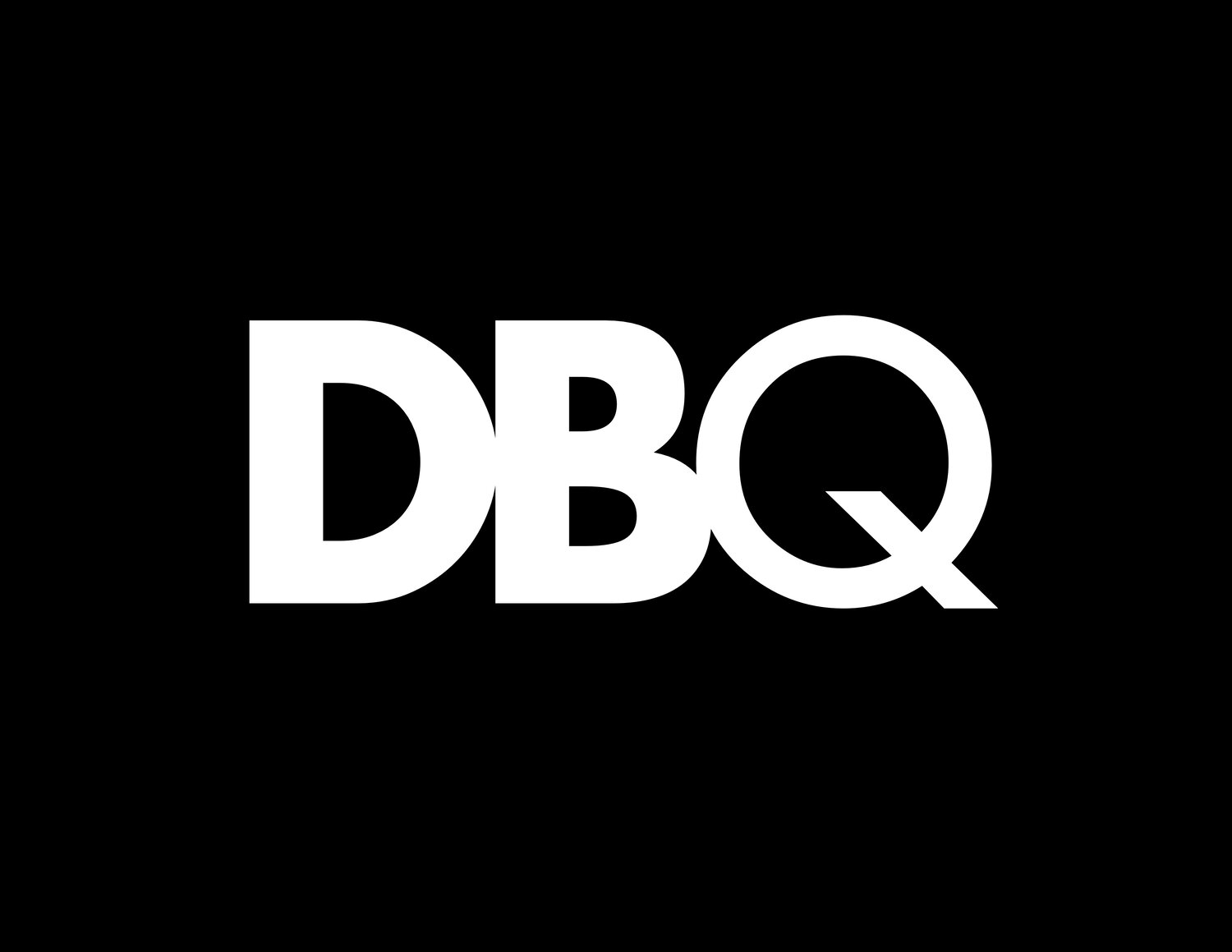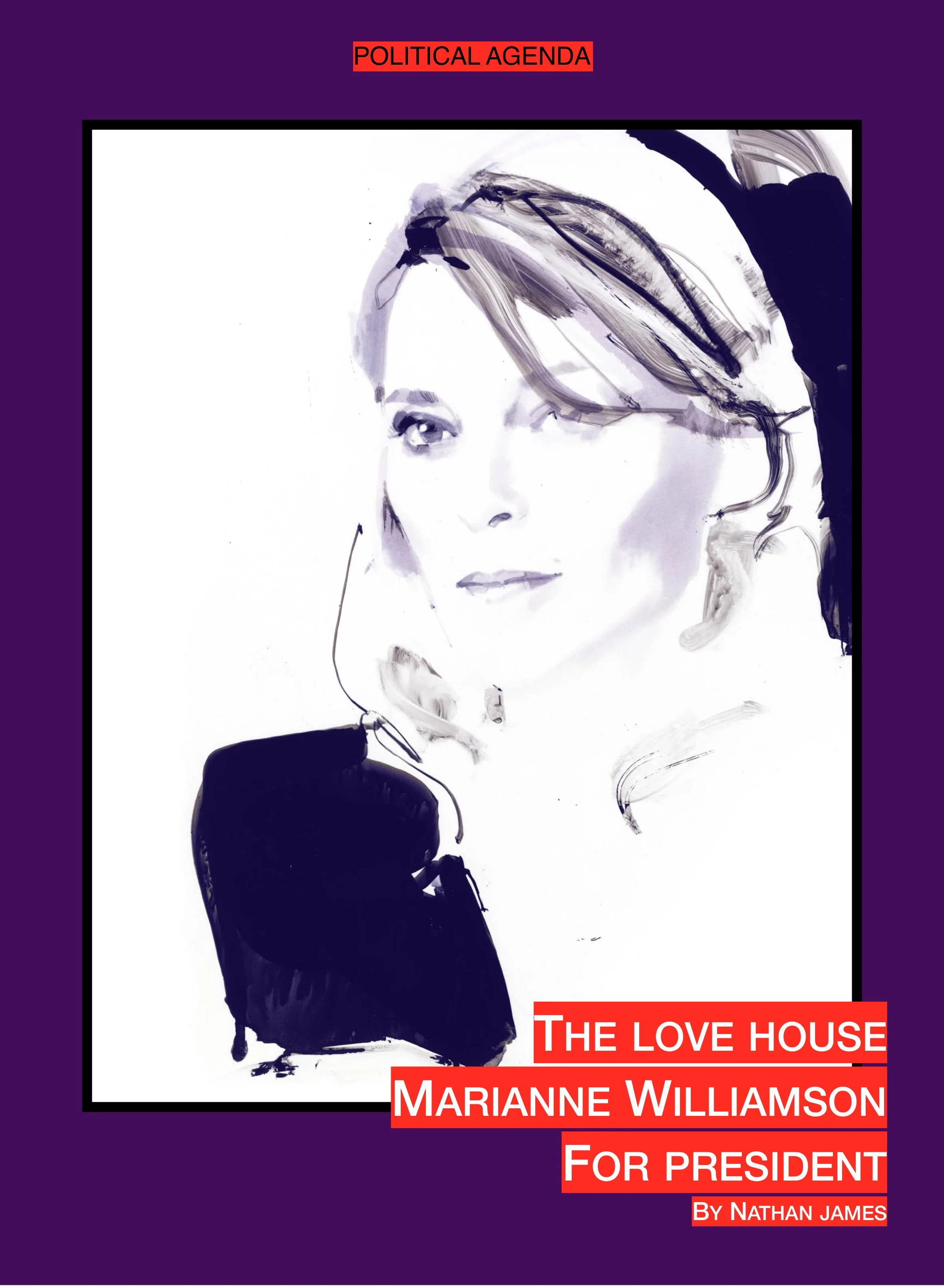THE LOVE HOUSE — Marianne Williamson for President
There’s a very crowded field of Democrats vying for the presidential nomination next year, each hoping to be the Trump-slayer that will align the White House with Congress and restore civility to the government. Among them are the familiar (Joe Biden), the novel (Pete Buttigieg, the first serious, openly gay man to run in either party), the unconventional (Cory Booker) and the unexpected. In this latter category is a thoughtful, artistic woman who seeks to shake up the race with a philosophical approach, as befits her history. Her name is Marianne Williamson, a New York Times bestselling author and philanthropist, and she’s looking to bring “moral healing” to 1600 Pennsylvania Avenue. As a self-help guru, Williamson knows that to capture the nomination, she needs more than platitudes or a showy presentation. Williamson understands substance, and believes her constituency wants that, after three years of fluff and drama from the Trump Administration.
Williamson, 66, has a clear idea of what the successful 2020 candidate will need. “The Democrat who beats Trump in 2020 will do so not because of his or her resume but because of the ability to connect deeply with voters,” she Tweeted,“and someone able to connect with voters on the level of moral values will connect with them most deeply of all.” In the damning wake of the recently-released Mueller Report, which pained an ugly picture of a morally bankrupt, avaricious President doing business by obstructing, obfuscating, and opacity, Williamson may have sounded the right chord with scandal-weary Americans.
Her policy positions lean towards community and charity, which is consistent with her earlier works: Williamson ran Project Angel Food, a nonprofit that kept HIV/AIDS patients fed, in the 1980s, and reiterated those themes of caring and mutual support in her blockbuster debut book, A Return To Love, which was endorsed by no less a personage than Oprah Winfrey. As a candidate, Williamson supports the idea of reparations for slavery’s descendants, declaring, “what I have proposed is $200 to $500 billion — I think anything less than $100 billion is an insult.” The restitution, she says, would be paid out over 20 years. Although this is certain to draw the ire of southern conservatives, it plays well in traditional Democratic strongholds like the Northeast Corridor, California, and the Pacific Northwest.
With those blue regions held firmly in mind, Williamson also goes for breakout House freshman Alexandria Ocasio-Cortez’ “Green New Deal” initiative to mitigate climate change, backs a pathway to citizenship for children of undocumented immigrants (the “Dreamers”, after Obama’s DREAM Act), and free college for all. Williamson is a staunch ally of Israel’s security, but mindful of the needs of the Palestinian people in the region, citing their “human rights and dignities”. Preserving rights and dignity extends across the board for Williamson, even towards the LGBTQ community. As an ally, Williamson sees the LGBTQ rights as enshrined in the Declaration of Independence and has called for a resurrection of the moribund Equality Act, a comprehensive anti-discrimination bill, in Congress. “As President,” Williamson states,“I would call on Congress to bring this bill back and into consideration, then passage. I would be waiting to sign it when it came across my desk.” This position stands in stark contrast to Trump, whose banning of transgender troops from military service and endorsement of “Religious Freedom” edicts that permit individuals and businesses to cite their religion as justification for refusing goods and services to LGBTQ people, are the trends of the day.
Standing between Williamson and the DNC nomination are her dearth of experience in public office, and the score of other candidates with bigger war chests and better name identification. Yet, America loves an underdog, especially one with fresh ideas, and Williamson just might find her “politics of love” resonating with an electorate that’s had its fill of hate.



